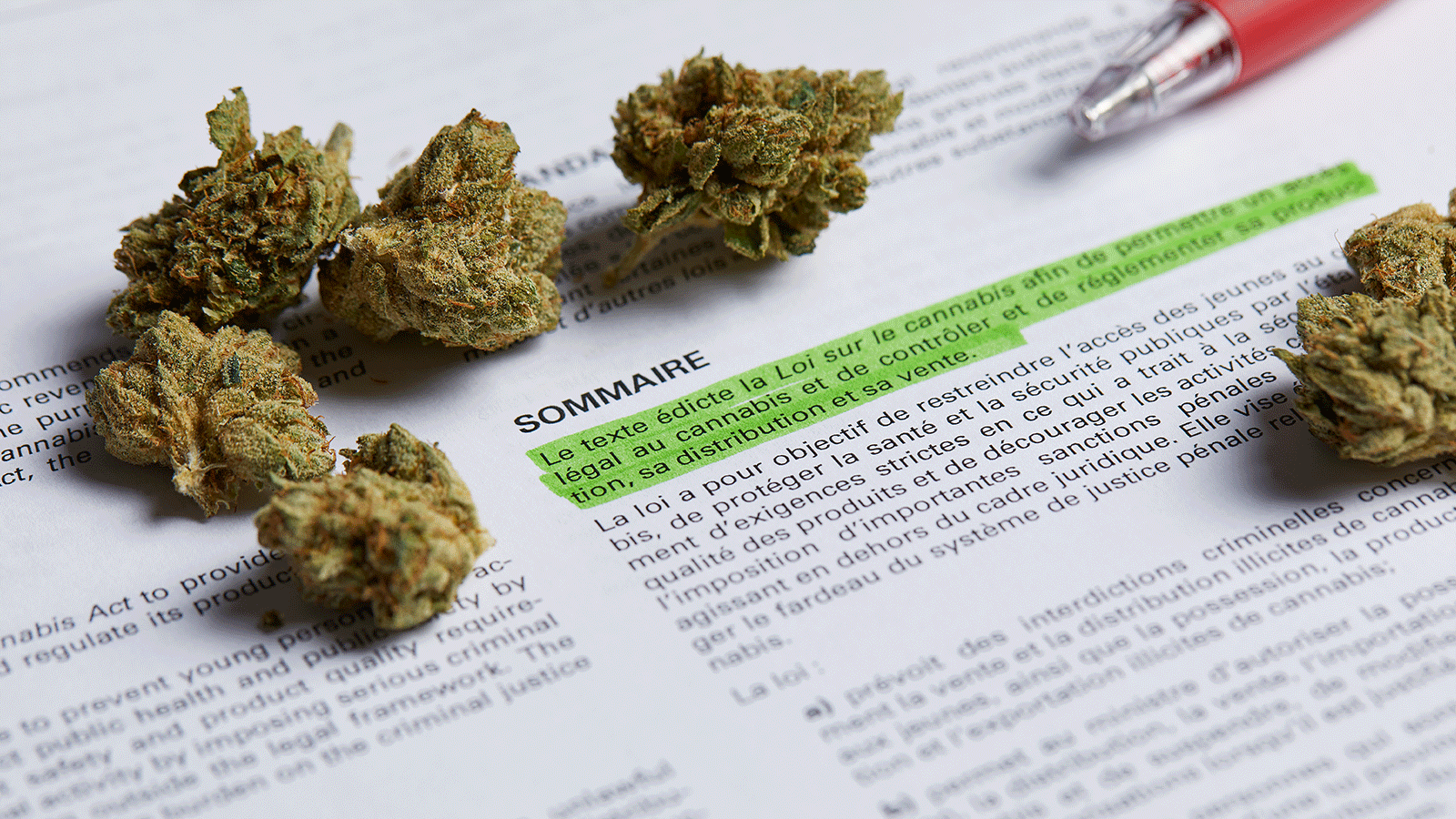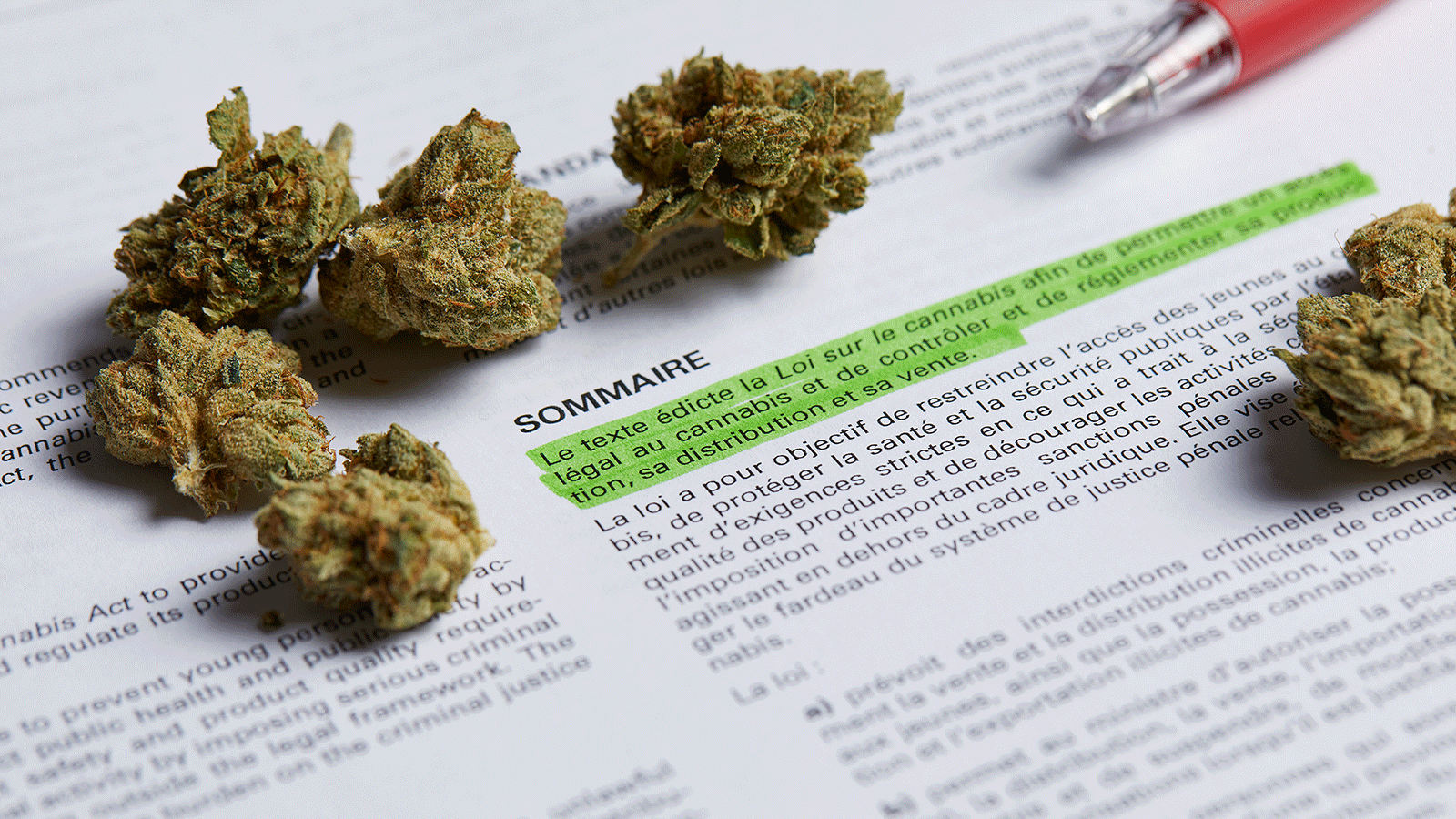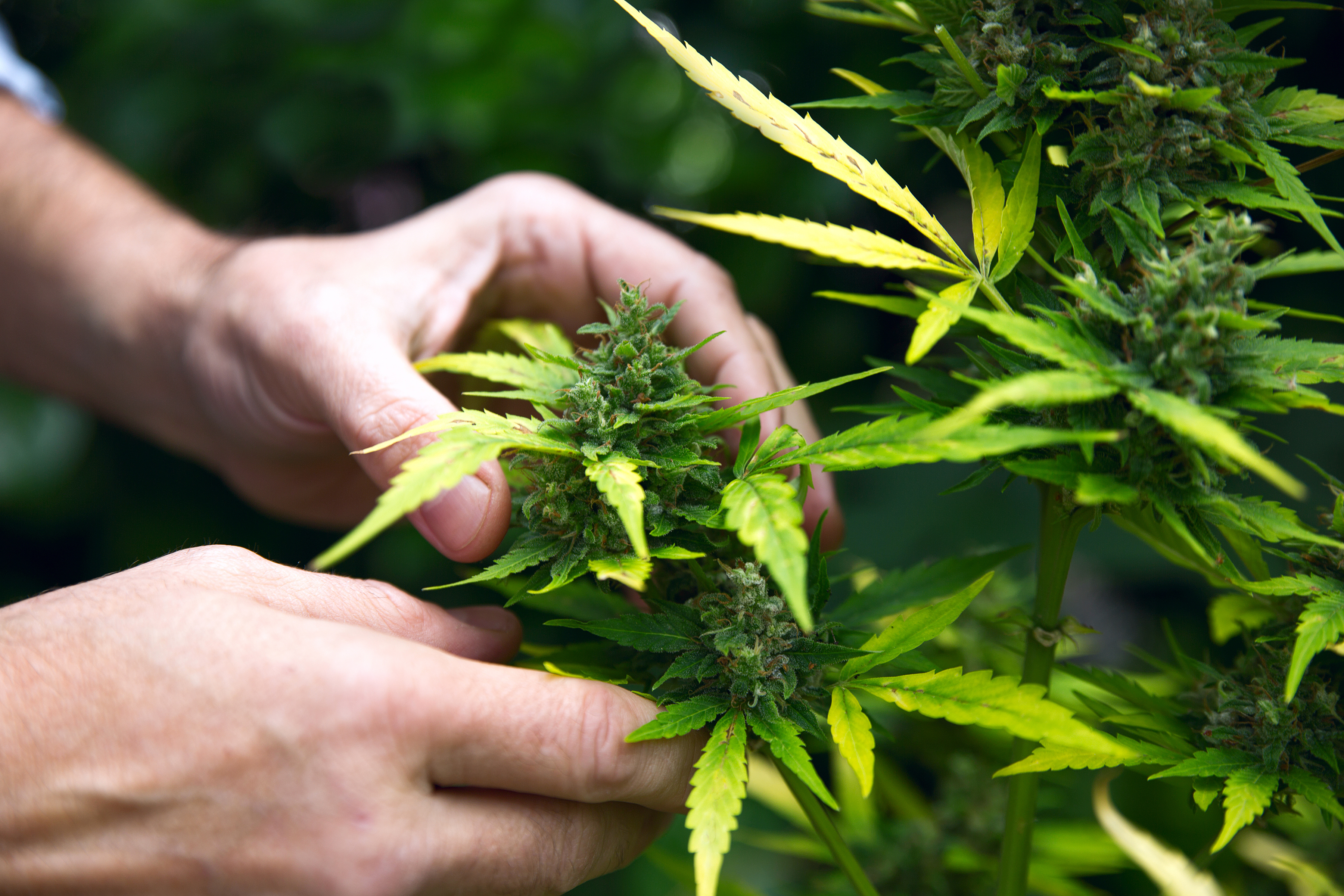
Canada could suspend criminal records for marijuana possession under a bill introduced in Parliament, fulfilling a promise to ease offenses made when adult-use cannabis was legalized in October 2018.
Liberal Party Minister of Public Safety Ralph Goodale has introduced C-93 on March 1, 2019, in the House of Commons to offer free and expedited record suspensions for Canadians with a conviction for simple possession of cannabis on their criminal record.
The government’s intention to offer to clear marijuana-related convictions was first announced on Oct. 17, 2018, just as adult-use cannabis became legal in Canada.
The bill, if passed, would:
- Make applying for a record suspension free of cost.
- Remove the mandatory waiting periods following the conviction.
- Remove review of good conduct or other discretionary aspects of an application.
“We’re witnessing a fundamental transformation from a prohibition system,” said Goodale, speaking to reporters in Ottawa on March 1. “Removing barriers to reintegration for individuals who have previously been convicted for simple possession of cannabis enhances public safety.”
“We all know someone in our lives, in our community, who have, as a result of some youthful indiscretion, a record for simple possession of cannabis,” said Minister of Border Security and Organized Crime Reduction Bill Blair, who also was a former Toronto police chief. He said that offering pardons would protect youth and “remove criminals from our society.”
Today, I introduced Bill #C93 which would take unprecedented action to allow people with criminal records only for simple cannabis possession to apply for a pardon & waive the fee and the 5-10 yr wait period for the 1st time in history pic.twitter.com/l7EpBLjaTa
— Ralph Goodale (@RalphGoodale) March 1, 2019
Blair estimated that between 70,000 to 80,000 Canadians could be eligible to apply. The government estimates that there are about 400,000 Canadians who currently have a conviction for possession on their record, though others have pegged the figure above a half-million or more.
Normally, applicants would have to wait up to 10 years after they were convicted to apply, and then pay $631 Canadian (about US$474) to process the application. Goodale’s bill amends the Criminal Records Act and would waive both of those requirements, the goal being that a pardon would be a simple matter of paperwork.
“If an application comes in that is in good shape, it should be a very short process,” Goodale said.
The bill is being introduced with only 10 weeks of legislative time remaining before the general election. It is also being introduced as the governing Liberal Party is being rocked by scandal after the former attorney general, Jody Wilson-Raybould accused Liberal Prime Minister Justin Trudeau’s office of applying pressure in order to seek a settlement for construction giant SNC-Lavalin. Still, Goodale thinks there is enough time on the clock to get this bill passed by summer 2019.
The bill will need to go through three readings in the House, plus scrutiny by relevant committees, and then through the Senate, which may choose to send it back to the House of Commons for revisions.
“There is certainly ample time to get this job done,” Goodale said. “My sense is there is a pretty reasonable consensus in the House” to see pardons granted for past convictions.
The bill is not without critics. An expungement would delete the record in its entirety; a record suspension simply sets it aside. (Further complicating things: record suspensions are also different than pardons, in that the actual record remains intact, but inaccessible to most law enforcement checks.) Record suspensions are able to be reversed later on, and senior government officials are careful to note that a pardon would not be a guarantee that someone who previously had a criminal record could travel internationally.
Some would have preferred to see cannabis possession charges be completely expunged from someone’s record, as opposed to suspended.
Criminologist Akwasi Owusu-Bempah has previously warned that because a record suspension does not delete the record permanently, future governments could choose to reinstate those convictions. As well, the Canadian justice system allows for record suspensions to be lifted in certain circumstances, including if someone is “found to no longer be of good conduct.”
I hope by pardon you mean expungement. #CannabisAmnesty https://t.co/R0CL0CBKKu
— Akwasi Owusu-Bempah (@AOBempah) February 27, 2019
In a technical briefing, senior government officials acknowledged that record suspensions are not necessarily permanent, but would not comment on Weedmaps News’ questions about the possibility of another administration reinstating them, calling it a “hypothetical.”
Recently, the government offered expungements to anyone convicted of offenses related to the criminalization of homosexuality in Canada. Some lawyers and activists had been calling on the government to replicate that for cannabis. Blair said, however, that expungements are reserved for laws which are deemed “historically unjust.”
Goodale said, “A pardon, which is what is being provided, is a very effective remedy” to past injustices. The government also acknowledged that the “impact was disproportionate” when it came to black and indigenous Canadians, whom reports have shown are far more likely to be convicted for cannabis possession than white Canadians, according to an April 18, 2018, report in Vice News.
Goodale added that “the effect of a pardon is fully recognized and protected under the Canadian Human Rights Act.” Practically, this means when applicants seek a job or housing, they have no obligation to disclose any criminal records to employers or landlords for a pardoned offense.















